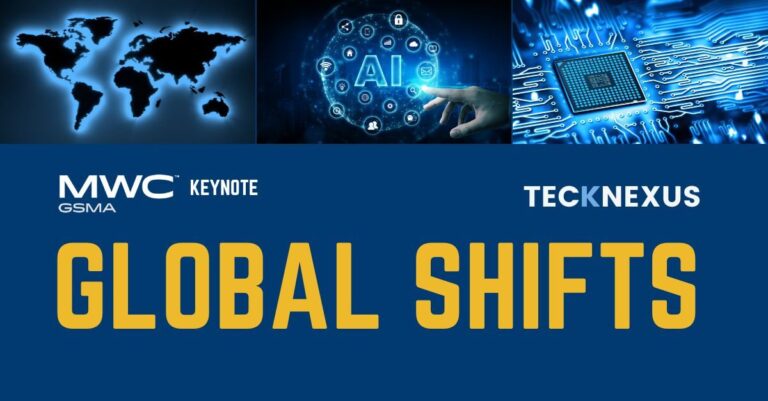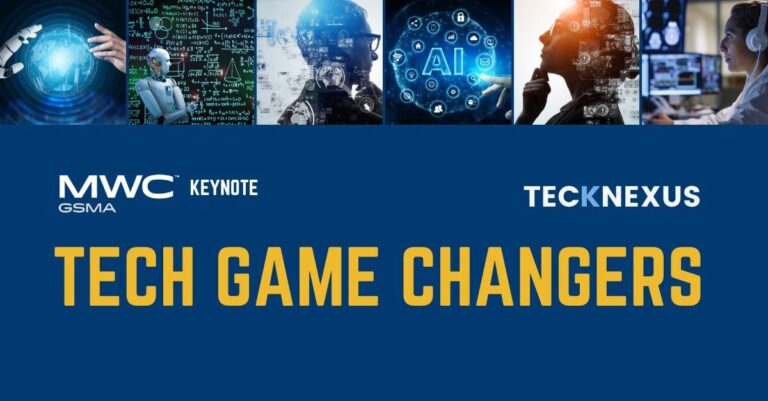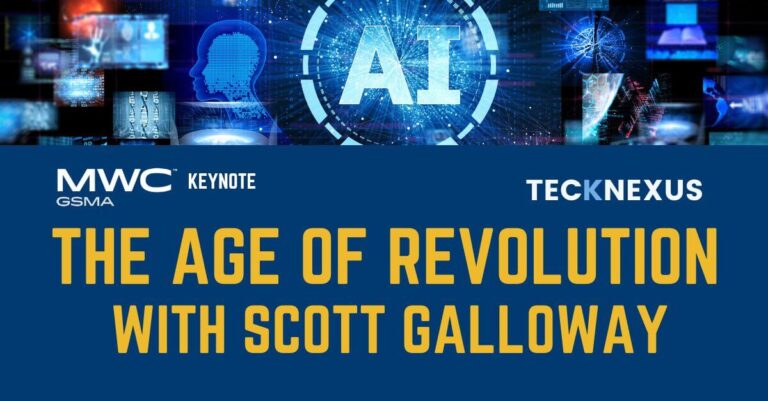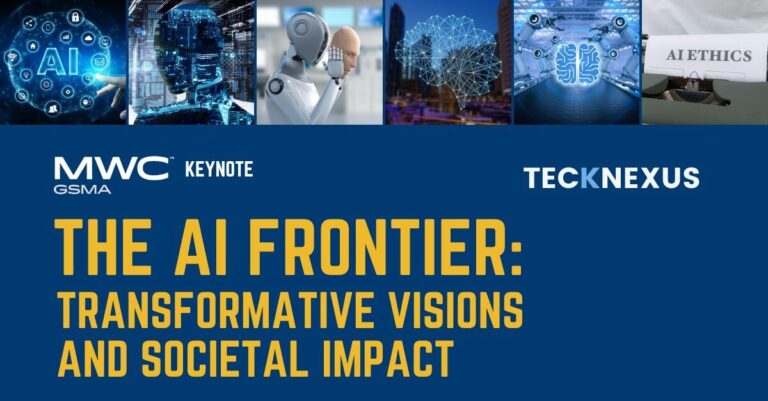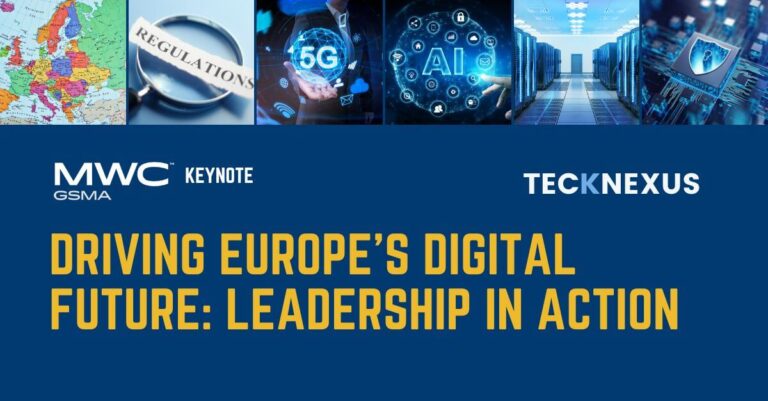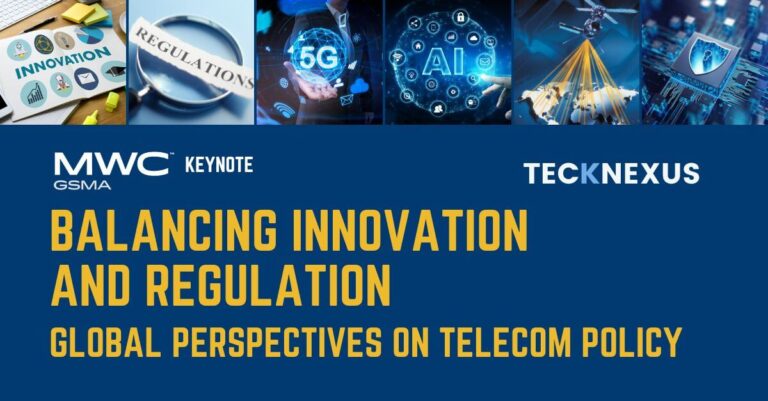Recent advancements in artificial intelligence (AI) continue to revolutionize various industries, prompting a shift towards more localized, on-device AI processing. This paradigm shift offers numerous benefits, including improved privacy, reduced latency, and enhanced personalization. But is it time to fully embrace on-device AI? Let’s explore the implications, challenges, and future potential of this technology in greater depth.
What Is On-Device AI and Why It’s Gaining Traction
On-device AI refers to AI operations that are processed locally on a user’s device, rather than relying on cloud-based servers. This method leverages the processing power of modern devices to handle AI tasks directly, thus minimizing the need to transmit data back and forth to the cloud. The growing capabilities of smartphones, smartwatches, and other personal devices make them ripe platforms for on-device AI.
Benefits of On-Device AI: Privacy, Speed, and Offline Access
Implementing AI directly on devices offers several advantages:
- Privacy and Security: By processing data locally, on-device AI mitigates the risk of data breaches and privacy concerns associated with cloud computing.
- Speed and Reliability: Local processing reduces latency as data doesn’t need to travel to the cloud, ensuring faster and more reliable AI performance.
- Functionality Offline: Enables devices to perform AI tasks without an internet connection, providing functionality in remote or unstable network conditions.
Industry Insights: Where On-Device AI Is Headed Next
In a recent MWC 2025 panel discussion featuring experts like Ray G from Honor, Sanji Uppal from Broadcom, and Philip Lucas from Orange, the evolution and impact of on-device AI were thoroughly examined. The insights provided a comprehensive overview of current trends and future directions in AI technology.
Innovations and Developments in On-Device AI
During the panel, Ray G highlighted Honor’s transition from a phone maker to an ecosystem device company, emphasizing a strategic shift towards embracing AI across their devices. This move illustrates the industry trend of deepening AI integration to enhance device capabilities and user experiences. Furthermore, Sanji Uppal elaborated on developing AI chips that are optimized for local data processing, which significantly improves the efficiency of on-device AI.
Challenges of Implementing On-Device AI
Sanji Uppal discussed the technical challenges of adapting network solutions to support the growing computational demands of on-device AI. The conversation pointed out the necessity of balancing centralized and decentralized processing to optimize AI performance across devices. Additionally, there is the challenge of keeping these devices energy-efficient while running complex AI algorithms.
Future Network Evolution for AI
Philip Lucas projected significant network transformations by 2025, driven by the need to accommodate increasingly sophisticated AI applications on devices. He emphasized the importance of democratizing AI tools within Orange to empower employees and improve operational efficiency. The future network evolution will likely involve advancements in 5G and perhaps 6G technologies, which will further enhance the capabilities of on-device AI by improving the speed and reliability of device-to-device communications.
Real-World Applications of On-Device AI
On-device AI is not just a theoretical concept but is already being implemented in various real-world applications:
- Smartphones: Advanced photography algorithms enhance image quality instantly on devices without the need for cloud processing.
- Wearable Devices: Fitness trackers use AI to provide real-time health monitoring and insights directly from the wrist.
- Home Assistants: Devices like smart speakers process voice commands locally, improving response times and functionality even without internet connectivity.
- Automotive Systems: Modern vehicles use on-device AI for advanced driver-assistance systems (ADAS), including real-time decision-making in critical situations.
Additionally, on-device AI is revolutionizing the retail sector by enhancing customer experiences through personalized recommendations directly on store apps without the need for connectivity. This not only increases customer satisfaction but also streamlines inventory management.
Is On-Device AI Safe? Privacy Risks and Ethical Questions
Despite the benefits, the panel also addressed significant ethical and privacy concerns associated with on-device AI. The potential for devices like AI-powered glasses to recognize faces in real-time raises questions about consent and data security. There is also the broader issue of ensuring that these AI systems do not perpetuate biases or make decisions that could be deemed unethical.
Developing Responsible AI Practices
Experts advocated for strict adherence to privacy-preserving principles such as data minimization, local storage, and robust encryption to safeguard user data. These practices are crucial for maintaining trust as AI technologies become more pervasive. The development of ethical guidelines and regulations will also play a critical role in shaping the future of on-device AI.
Is It Time to Go All-In on On-Device AI?
The consensus among industry leaders is optimistic, with a strong belief in the growing role of on-device AI. However, they also acknowledge the need for continued innovation and responsible practices to address the challenges of privacy and network demands.
On-device AI is poised to become a transformative force across multiple sectors, offering significant advantages in terms of performance, privacy, and user experience. As technology evolves, it will be crucial for businesses and developers to prioritize ethical considerations and user trust in their AI implementations. With proper management and innovation, the future of on-device AI looks bright, promising a new era of intelligent, interconnected devices that respect user privacy and enhance daily life.



